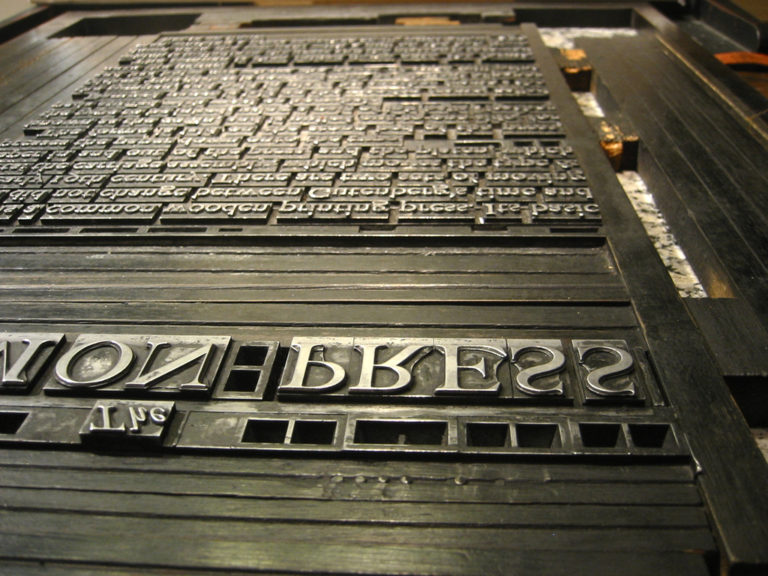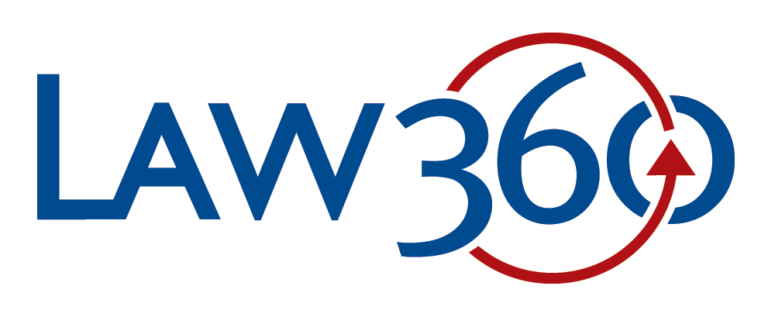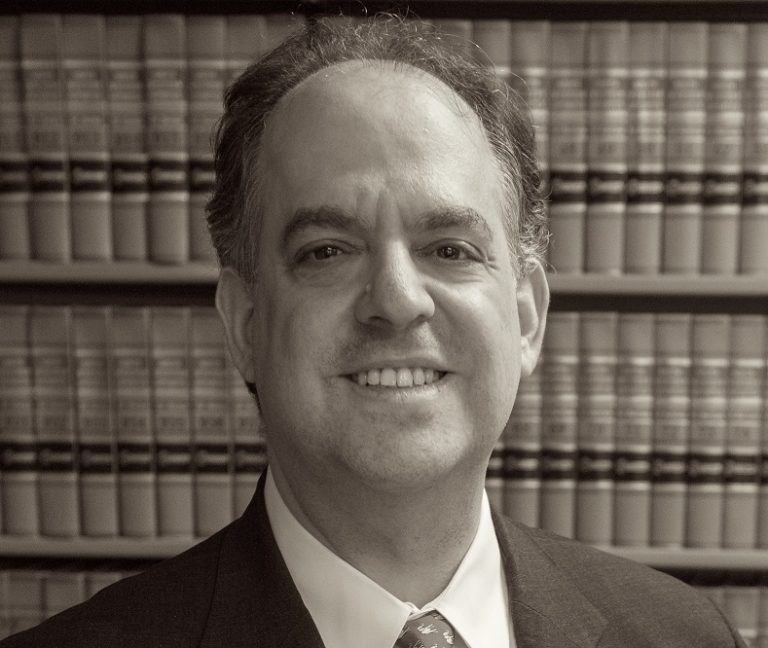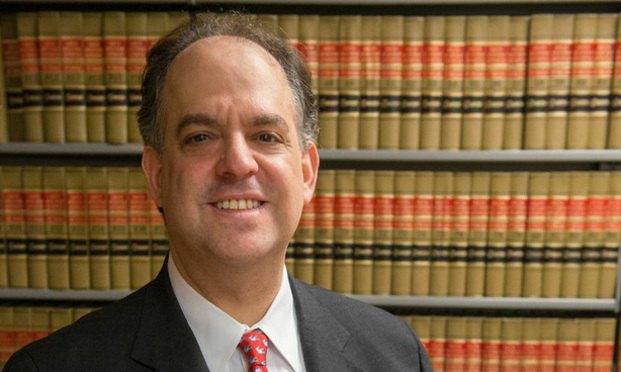The mysterious case of Hewlett-Packard’s Autonomy deal
Theodore Frank, of the non-profit Center for Class Action Fairness, has filed a motion contesting the ink jet settlement, seeking to disqualify the Cotchett firm from the H-P inkjet class action settlement. “It’s just a black letter ethical violation,” Frank said in an interview.








